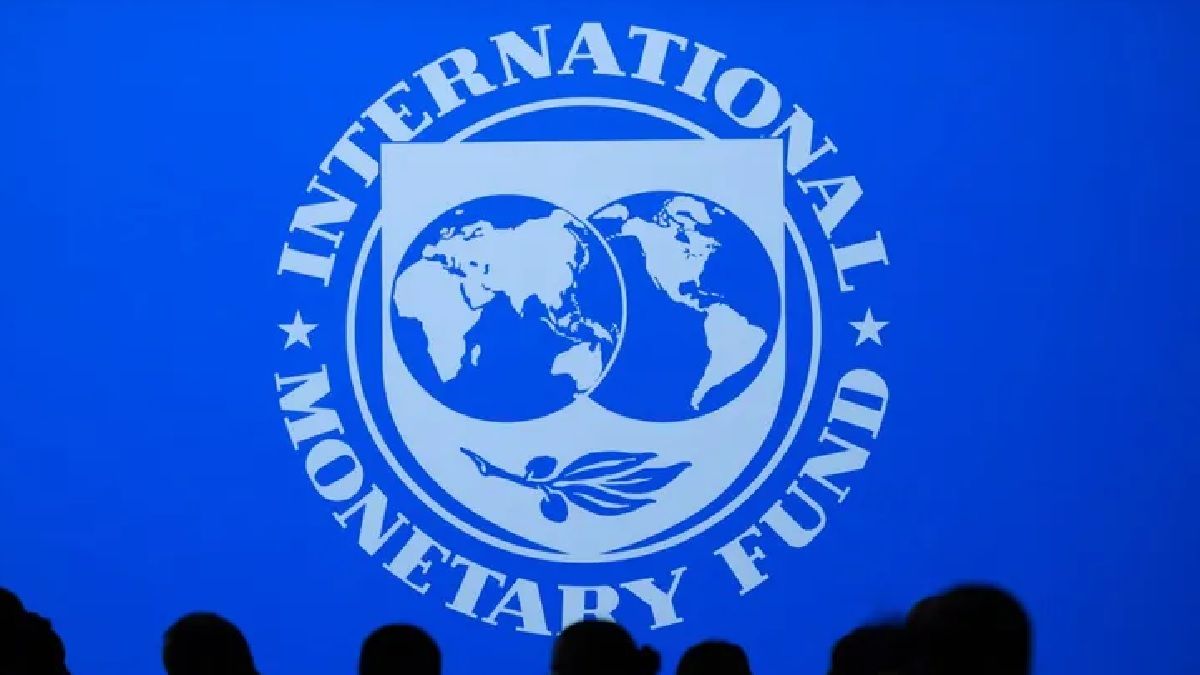The technical teams are already virtually reviewing the numbers of the economy in the last quarter of 2022, the period that includes the fourth review and, although it is estimated that the goals of the program would have been met, they will also emphasize the outlook they project for the current year.
According to spokespersons for the Fund, “In line with previous reviews, these technical discussions have begun in a hybrid format,” referring to both virtual and face-to-face.
That is why the head of the IMF delegation for Argentina, the Colombian Luis Cubeddu, who would maintain a virtual dialogue both with his technicians and with the officials of the Palace of Finance, is not part of the game.
“Breach”
One of the issues that Argentina will raise again with the IMF in the talks is the economic impact of the war between Ukraine and Russia.
In mid-January, the Minister of the Economy, Sergio Massa, considered that the IMF is breaking its commitment to review the costs of the war in Ukraine.
“Argentina complied with its program, but the Monetary Fund is not complying with Argentina in reviewing how they are going to compensate the countries that paid the cost of the war with their economy. It is a problem to be solved,” Massa said at that time.
GABRIEL RUBINSTEIN.png
Gabriel Rubinstein, Deputy Minister of Economy.
At the end of last year, the Government estimated the costs that the war has for the Argentine economy at around US$5,000 million, due to the rise in international prices of the energy sector, fertilizers and freight, which were not compensated by the increase in the values of agricultural products.
“The war has been having a very high cost for the countries of the southern hemisphere, it has already cost Argentina US$ 5,000 million and there is no global sphere where this issue is being discussed,” Minister Massa summed up through his Twitter account when he participated in Bali, Indonesia, at the G20 Summit.
“We will leave the Argentine position stated” before the Director of the International Monetary Fund (IMF) Kristalina Georgieva, and her counterpart from the World Bank (WB), David Malpass “and all the G20 ministers,” the minister anticipated on that occasion.
imports
According to official working documents, fuel imports totaled US$5.8 billion in 2022, against the US$2 billion projected before the start of the war, resulting in a net increase of US$3.8 billion.
In addition to the cost, the increase in the price of the main basic products required more foreign exchange to import fuels, including those used for the supply of energy during 2022.
In the Ministry of Economy they emphasize that, after the conflict broke out on February 24 of last year, when Russia began the invasion, it was necessary, among other things, to renegotiate the natural gas import contract with Bolivia, which had an increase in 114%, and the increase in electricity purchases from Brazil.
Another of the factors that had a negative impact was the increase, on average of 93%, in the prices of fertilizers, since Argentina imports close to 70% of the products that the field needs.
In addition, due to the bottlenecks following the coronavirus pandemic and the inconveniences that arise in a war of this magnitude, the international cost of ocean freight increased by 62% compared to the 2020-2021 campaign, which it represents an extra cost of US$1,850 million for exports and US$1,217 million in 2022 for imports, according to estimates from the Rosario Grain Exchange.
Source: Ambito




